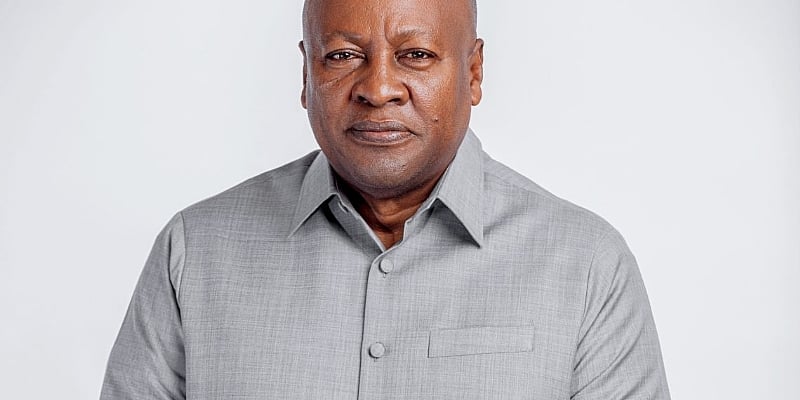Ghana’s economic landscape has been marked by a confluence of challenges, ranging from fiscal imbalances and debt vulnerabilities to structural bottlenecks hindering sustainable growth. President John Dramani Mahama, recognizing the urgency of these issues, has embarked on a proactive initiative to chart a course towards economic recovery and transformation. Central to this effort is the establishment of the National Economic Dialogue (NED), a platform designed to foster national consensus on critical economic policies and lay the foundation for a more resilient and inclusive economy.
The NED represents a crucial step towards addressing Ghana’s economic woes. It aims to bring together key stakeholders, including government officials, economists, civil society representatives, and business leaders, to engage in constructive dialogue and forge a shared vision for economic progress. The dialogue is expected to provide a comprehensive assessment of the current economic situation, identify key challenges and opportunities, and explore potential policy options to navigate the complex economic terrain. This collaborative approach is crucial for building broad-based support for the necessary reforms and ensuring their effective implementation.
At the heart of the NED is a seven-member Planning Committee, chaired by the distinguished economist Dr. Ishmael Yamson. The committee comprises a diverse group of experts with extensive experience in various fields, including economics, finance, and public policy. Their collective expertise will be instrumental in guiding the dialogue process and ensuring a robust and evidence-based approach to policy formulation. The committee’s mandate includes developing a framework for the dialogue, identifying key participants, and formulating a comprehensive agenda that addresses the most pressing economic issues facing Ghana.
The NED’s objectives are multifaceted and encompass a range of critical areas. First and foremost, it seeks to provide a transparent and accurate assessment of Ghana’s economic situation to all stakeholders, including the general public. This will involve presenting a clear picture of the country’s fiscal position, debt levels, growth prospects, and other relevant economic indicators. Secondly, the dialogue aims to facilitate open and inclusive discussions on the nation’s developmental challenges. This platform will provide an opportunity for diverse voices to be heard, ensuring that policy solutions are informed by a broad range of perspectives.
Thirdly, the NED is tasked with exploring policy trade-offs and building consensus on necessary reforms. Economic policy decisions often involve difficult choices, requiring careful consideration of the potential benefits and costs of different options. The dialogue will provide a forum for stakeholders to engage in constructive debate and arrive at consensus on the most appropriate policy responses. Fourthly, the committee is responsible for designing a homegrown fiscal consolidation program to guide the national budget. This program will outline a roadmap for restoring fiscal sustainability, addressing debt vulnerabilities, and creating fiscal space for critical investments in human capital and infrastructure.
Finally, the NED seeks to identify structural reforms and policy priorities to reset the economy. Ghana’s economic challenges are not merely cyclical but also stem from deep-seated structural issues. The dialogue will delve into these structural impediments, exploring reforms that can unlock the country’s growth potential and promote long-term economic transformation. These reforms may encompass areas such as improving the business environment, enhancing infrastructure development, promoting diversification, and strengthening governance. The ultimate goal is to create a more resilient and inclusive economy that benefits all Ghanaians. The committee is expected to submit its report within four weeks, setting the stage for the commencement of the national dialogue. The success of the NED will depend on the active participation and commitment of all stakeholders. It is imperative that the dialogue fosters a spirit of collaboration and constructive engagement, ensuring that the resulting policy recommendations are grounded in sound economic principles and reflect the shared aspirations of the Ghanaian people.














